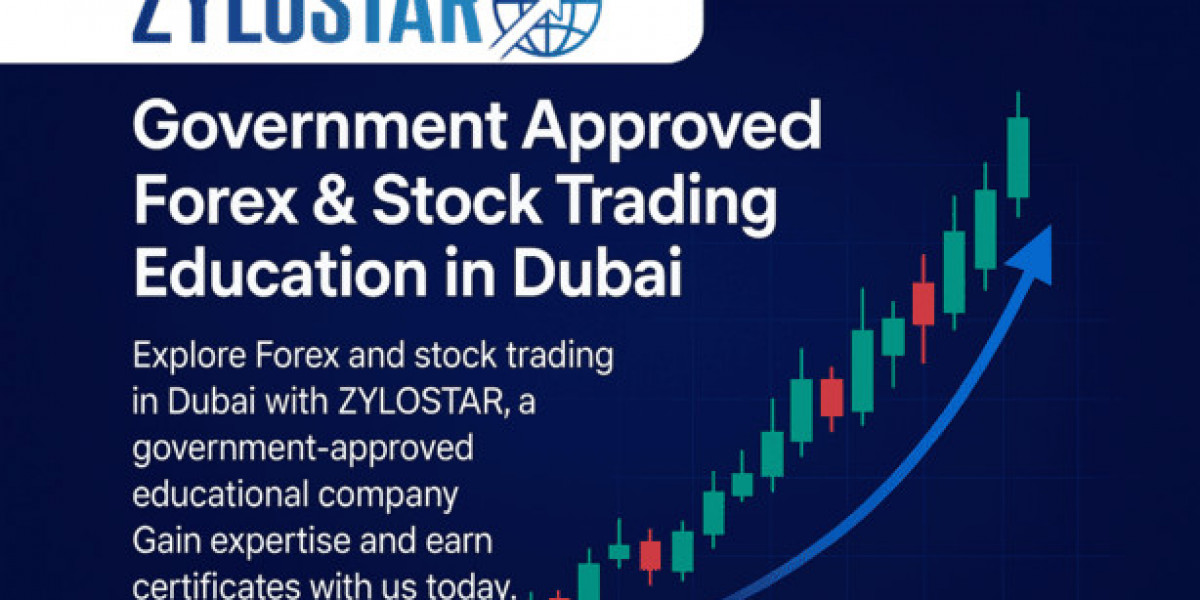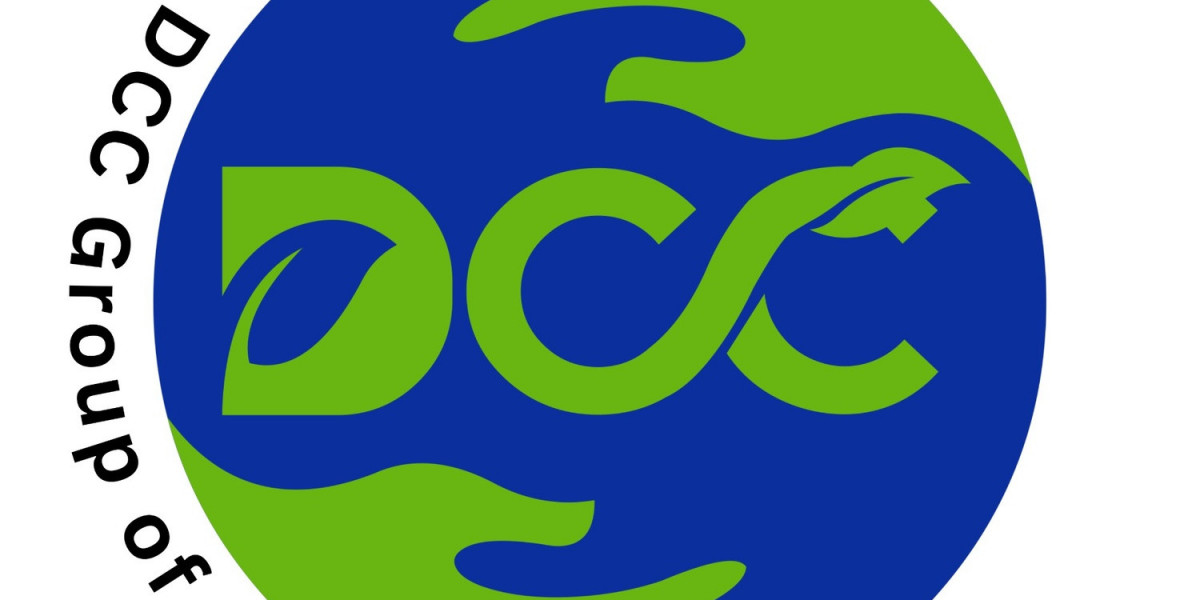The United Arab Emirates, a dynamic hub of global finance and technological innovation, has witnessed a significant surge in interest surrounding online trading. As individuals seek to capitalize on the opportunities presented by global markets, the demand for accessible and comprehensive online trading education has grown exponentially. However, this burgeoning sector operates within a framework of evolving regulations designed to protect investors, ensure market integrity, and foster a responsible financial ecosystem. Understanding how these regulations impact the landscape of online trading education is crucial for both providers and aspiring traders in the UAE.
The primary regulatory authority overseeing financial activities, including online trading, in the UAE is the Securities and Commodities Authority (SCA) at the federal level. Additionally, the financial free zones of the Dubai International Financial Centre (DIFC) and the Abu Dhabi Global Market (ADGM) have their own independent regulatory bodies, the Dubai Financial Services Authority (DFSA) and the Financial Services Regulatory Authority (FSRA), respectively. These authorities play a pivotal role in shaping the standards and practices within the online trading education domain.
One of the most significant impacts of UAE regulations on online trading education is the emphasis on licensing and authorization. While the regulations might not directly mandate licenses for entities solely providing educational services, the line becomes blurred when these services involve offering specific investment advice or recommendations that could be construed as regulated activities. For instance, if an online course provider actively guides students on specific trades or manages virtual portfolios with real-time market data in a way that mimics regulated asset management, they could fall under the purview of the SCA, DFSA, or FSRA, depending on their jurisdiction.
This regulatory scrutiny encourages providers to clearly define the scope of their services. Purely educational platforms focusing on theoretical knowledge, trading strategies, and risk management principles are less likely to face stringent licensing requirements compared to those offering personalized advisory or de facto investment management under the guise of education. This distinction ensures that individuals seeking genuine education are not inadvertently led into unregulated investment schemes.
Furthermore, UAE regulations place a strong emphasis on transparency and disclosure. This principle extends to online trading education platforms, particularly concerning the qualifications and expertise of the educators, the curriculum content, and any potential conflicts of interest. Providers are increasingly expected to be upfront about the experience and credentials of their instructors, ensuring that students are learning from knowledgeable and reputable sources. Similarly, the syllabus should be clearly outlined, detailing the topics covered and the learning objectives. Any affiliations or partnerships that could influence the educational content must also be disclosed to maintain trust and objectivity.
The focus on transparency also impacts the marketing and advertising of online trading education services. Regulations aim to prevent misleading or exaggerated claims about potential profits or the ease of trading. Providers must ensure that their marketing materials accurately reflect the risks involved in trading and do not create unrealistic expectations. This protects consumers from being lured into courses based on false promises of quick riches.
Another crucial aspect influenced by UAE regulations is the realm of data protection and privacy. With online platforms collecting personal and potentially sensitive financial information from students, adherence to data protection laws is paramount. The UAE has its own data protection regulations, and entities operating within the DIFC and ADGM are subject to their respective data protection frameworks. Online trading education providers must implement robust security measures to safeguard student data and comply with the requirements for data collection, storage, and usage. This ensures that learners can engage with educational platforms with confidence, knowing their personal information is protected.
The regulatory environment in the UAE also indirectly impacts the quality and comprehensiveness of the educational content. While authorities might not directly dictate the curriculum, the overall focus on investor protection and market integrity encourages providers to offer well-rounded education that emphasizes risk management, understanding market fundamentals, and responsible trading practices. Platforms that neglect these crucial aspects could face scrutiny if their students, lacking proper education, engage in risky or uninformed trading activities.
Moreover, the UAE's commitment to combating financial crime, including money laundering and terrorist financing, has implications for online trading education. Providers may be required to implement Know Your Customer (KYC) procedures for students, especially if the educational platform involves simulated trading with virtual funds that could potentially be misused. While the primary responsibility for preventing financial crime lies with regulated financial institutions, educational platforms are expected to be vigilant and contribute to the overall AML/CFT framework.
The evolving nature of financial technology (FinTech) and the increasing sophistication of online trading platforms also necessitate a dynamic regulatory approach. As new tools and instruments emerge, the SCA, DFSA, and FSRA continuously assess their potential impact and adapt regulations accordingly. This means that online trading education providers must remain informed about the latest regulatory developments to ensure their offerings align with current standards. For instance, the rise of cryptocurrency trading has prompted regulatory bodies in the UAE to issue guidelines and warnings, which educational platforms covering this asset class must incorporate into their curriculum.
Furthermore, the UAE's emphasis on financial literacy and investor awareness aligns with the goals of responsible online trading education. Regulatory authorities often conduct public awareness campaigns and initiatives to educate individuals about the risks and rewards of investing. This creates a supportive ecosystem for educational platforms that genuinely aim to empower individuals with the knowledge and skills to make informed trading decisions.
However, the regulatory landscape can also present challenges for online trading education providers. Navigating the different jurisdictions and their respective regulations can be complex, especially for platforms operating across the UAE. Ensuring compliance with varying requirements for licensing, disclosure, and data protection can be resource-intensive. Moreover, the interpretation and application of regulations to the specific context of online education can sometimes be ambiguous, requiring providers to seek clarity from the relevant authorities.
Despite these challenges, the regulatory framework in the UAE ultimately serves to enhance the credibility and trustworthiness of the online trading education sector. By setting standards for transparency, accountability, and investor protection, regulations help to weed out unscrupulous operators and promote a culture of responsible financial education. This benefits both learners, who can access high-quality and reliable educational resources, and the broader financial market, which benefits from a more informed and responsible investor base.
Conclusion
In conclusion, UAE regulations have a multifaceted and significant impact on online trading education. While not always directly targeting educational platforms, the overarching principles of licensing (where applicable), transparency, disclosure, data protection, and the emphasis on investor protection shape the standards and practices within the sector. By fostering a regulatory environment that prioritizes market integrity and consumer protection, the UAE is encouraging the development of a more responsible and trustworthy online trading education landscape, ultimately empowering individuals to navigate the complexities of the financial markets with greater knowledge and confidence. As the financial landscape continues to evolve, so too will the regulations, requiring online trading education providers to remain adaptable and committed to upholding the highest standards of ethical and responsible education.










